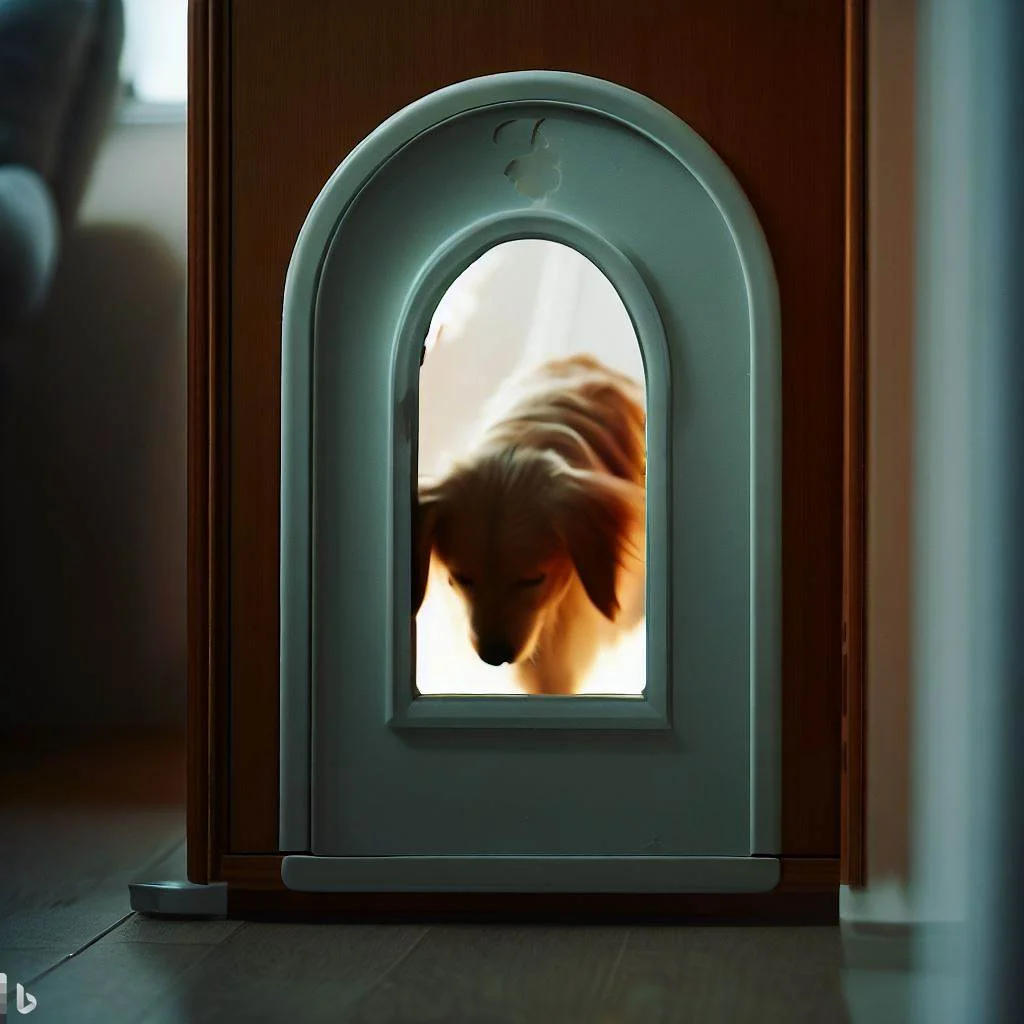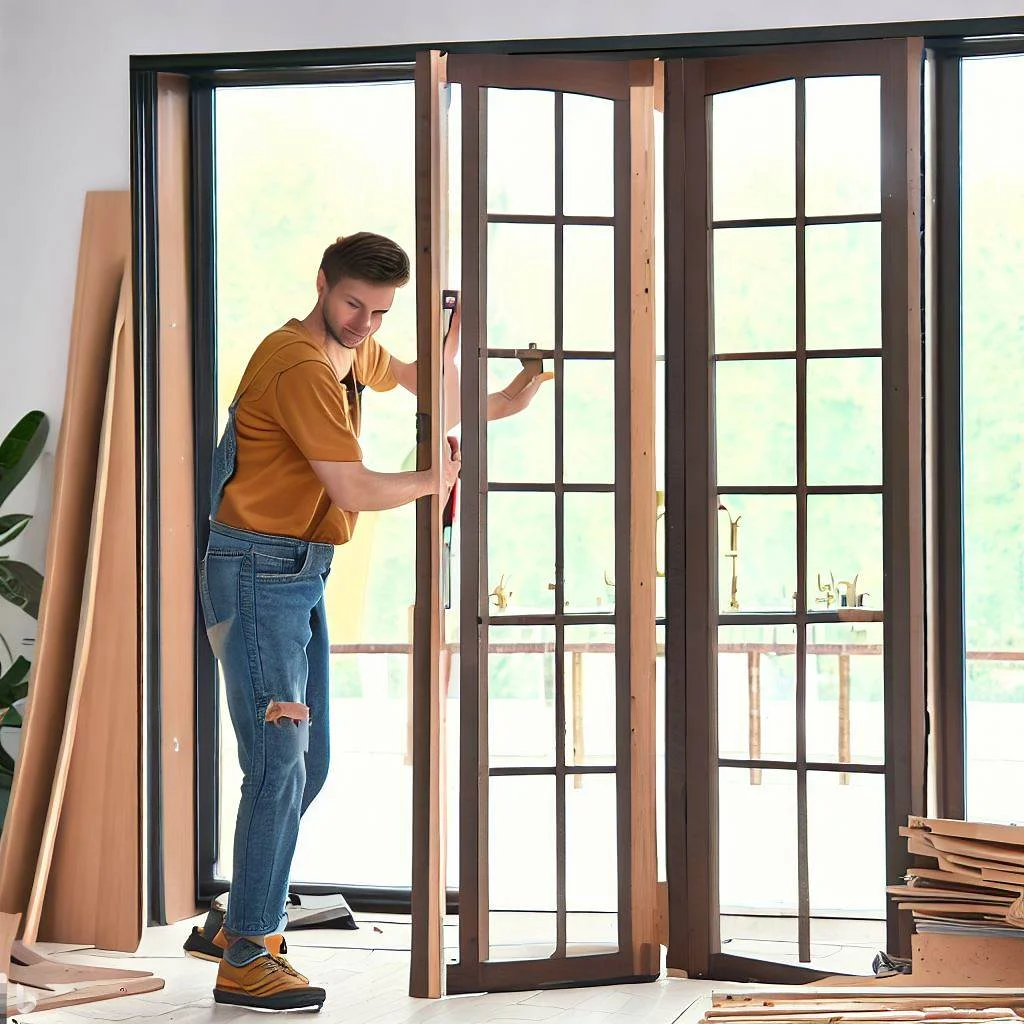Introduction
Windows are essential elements in our homes, providing us with natural light, ventilation, and a connection to the outside world. When it comes to choosing the right window frames, there is a wide variety of options available, each with its unique characteristics and benefits. In this article, we will explore the different types of window frames in detail to help you make an informed decision for your home.
Wood Frames:
Wood frames are a timeless and classic choice for window frames. They offer excellent insulation properties, natural beauty, and a warm aesthetic. Wood frames are available in various types of wood, such as pine, oak, and mahogany, each with its distinct look and durability. The natural insulating properties of wood help to regulate indoor temperatures, reducing energy costs and preventing heat loss during colder months. However, wood frames require regular maintenance, including painting or sealing, to protect them from rot, warping, and pests. It's important to consider the level of maintenance you are willing to commit to when choosing wood frames.
Vinyl Frames:
Vinyl frames have gained popularity in recent years due to their durability, affordability, and low maintenance requirements. Made from PVC (polyvinyl chloride), vinyl frames are resistant to moisture, rot, and fading. They are available in a wide range of colors and styles, allowing for customization to match your home's design. Vinyl frames provide excellent thermal insulation, contributing to energy efficiency and reducing heating and cooling costs. They are also easy to clean and require minimal upkeep, making them a practical choice for homeowners seeking a low-maintenance option.
Aluminum Frames:
Aluminum frames are lightweight, strong, and resistant to corrosion, making them a popular choice for modern homes. They provide a sleek and minimalist aesthetic, often featuring slim profiles that maximize the glass area and offer unobstructed views. Aluminum frames are highly durable and require minimal maintenance. However, they are not as energy-efficient as other options, as aluminum is a good conductor of heat. To improve their thermal performance, some aluminum frames feature thermal breaks—insulating materials placed between the interior and exterior parts of the frame—to reduce heat transfer.
Fiberglass Frames:
Fiberglass frames offer exceptional strength and durability. They are highly resistant to harsh weather conditions, including extreme temperatures, high humidity, and UV radiation. Fiberglass frames provide excellent thermal insulation, helping to regulate indoor temperatures and reduce energy consumption. They expand and contract at a similar rate to the glass, minimizing the risk of seal failure or frame distortion. Fiberglass frames require minimal maintenance and can be painted or stained to match your desired look.
Composite Frames:
Composite frames are a combination of different materials, often wood fibers and PVC or fiberglass. These frames offer the benefits of both materials, combining the strength and durability of PVC or fiberglass with the aesthetics of wood. Composite frames are resistant to moisture, rot, and insects, making them ideal for various climates. They provide good thermal insulation and require minimal maintenance, making them a popular choice among homeowners.
Clad Frames:
Clad frames feature a combination of different materials, typically wood on the interior and aluminum or vinyl cladding on the exterior. This design provides the beauty and warmth of wood on the inside, while offering durability, weather resistance, and low maintenance on the outside. Clad frames are suitable for various climates and provide excellent insulation properties. However, they tend to be more expensive than other frame types.
Steel Frames:
Steel frames offer exceptional strength, security, and durability. They are resistant to fire, rot, and insects, making them a long-lasting option. Steel frames can support larger window openings due to their inherent strength. However, they are not as energy-efficient as other frame materials, and without proper insulation, they can conduct heat, leading to potential energy loss.
Composite Aluminum Frames:
Composite aluminum frames combine the strength and durability of aluminum with the insulation properties of thermal breaks. These frames consist of an inner and outer aluminum layer with a layer of insulating material in between. This design significantly improves thermal performance, making composite aluminum frames more energy-efficient than standard aluminum frames. They are suitable for both residential and commercial applications and offer a sleek and modern appearance.
PVC Frames:
PVC frames are known for their affordability, low maintenance, and excellent insulation properties. They are resistant to moisture, rot, and insects, making them suitable for humid and coastal areas. PVC frames are available in various colors and styles, allowing for customization. They provide good thermal insulation and contribute to energy efficiency by reducing heat transfer.
Impact-Resistant Frames:
Impact-resistant frames are designed to withstand extreme weather conditions, including hurricanes and strong winds. These frames are typically made of reinforced materials like laminated glass and offer added security and protection against break-ins. Impact-resistant frames provide peace of mind for homeowners living in areas prone to severe weather events.
In conclusion
choosing the right window frames is essential for the overall aesthetics, energy efficiency, durability, and maintenance requirements of your home. Consider factors such as insulation properties, climate suitability, maintenance needs, and budget when selecting the type of window frames that best suit your needs and preferences. Consulting with a professional window installer can also provide valuable insights and ensure a proper installation process. By understanding the different types of window frames, you can make an informed decision that enhances the beauty and functionality of your home.



